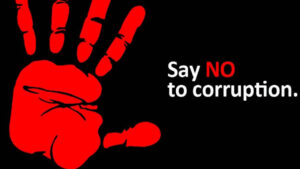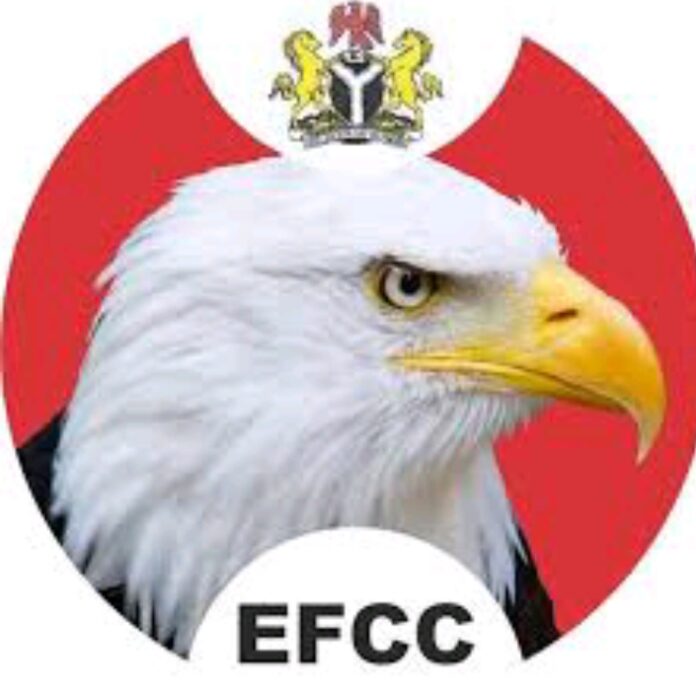Corruption has long plagued Nigeria, undermining governance and socio-economic development. Manifesting as bribery, embezzlement, nepotism, and electoral fraud, corruption taints public and private sectors, including the judiciary, police, and government agencies.
Corruption erodes public trust in government institutions, fostering cynicism and disengagement from political processes, thereby weakening democratic governance.
It diverts resources intended for public services into private pockets, underfunding critical sectors like healthcare, education, and infrastructure, which disproportionately affects the poor and marginalized.
Economically, corruption stifles growth by creating an unpredictable business environment and discouraging foreign investment due to additional costs and risks, while siphoning off development funds results in substandard infrastructure.

Judicial corruption weakens the rule of law, making justice a commodity and undermining legal protections for citizens, perpetuating a cycle of impunity.
Politically, corruption fuels instability through electoral fraud and violence, undermining the legitimacy of elected officials, leading to civil unrest, and marginalizing opposition voices.
Efforts to combat corruption in Nigeria include domestic initiatives by the Economic and Financial Crimes Commission (EFCC) and the Independent Corrupt Practices Commission (ICPC), despite challenges such as political interference and limited resources.
Internationally, Nigeria engages with initiatives like the Extractive Industries Transparency Initiative (EITI) and global financial regulations to curb money laundering.
Addressing corruption requires stringent legal frameworks, robust anti-corruption institutions, and a cultural shift towards transparency and accountability. Sustained efforts are crucial for reducing corruption and achieving sustainable development and improved governance.




